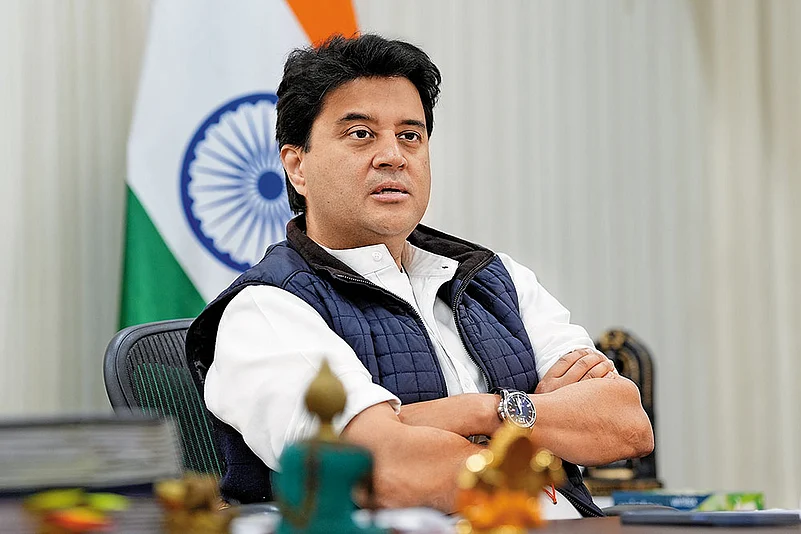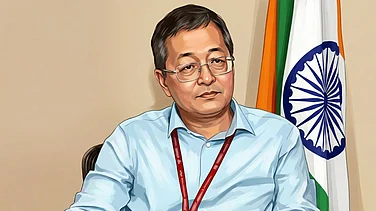Narendra Modi-led government is mulling to introducing a new national telecom policy (NTP) to boost telecom equipment exports and support universal connectivity at affordable rates via a combination of terrestrial and satellite networks by 2030. The policy, which is being worked out by the communications ministry, will aim to generate one million new jobs, the Economic Times reported.
“The NTP 2025 will be notified soon with aims and targets to be achieved by 2030...Going forward, an enabling framework would be worked out for integrating non-terrestrial networks, including satellite systems with terrestrial networks, to facilitate expansion of telecom services across the country,” the Economic Times reported, citing an official source.
Policy to Increase Info Technology’s GDP Share
Jyotiraditya Scindia-led Union Communications Ministry is currently holding consultations with all key stakeholders to work out a policy that will focus on increasing the contribution of the information and communications technology (ICT) sector to India’s GDP from the present 7.8% to 11% by 2030. The policy will also reportedly focus on attracting an annual investment worth Rs 1.5 lakh crore in telecom infrastructure.
Additionally, NTP will target 4G coverage for the entire population and 5G for 90% by 2030. Under the policy, the government will focus on completing fiberisation of all gram panchayats under BharatNet and provide fibre connectivity to all government institutions at the village level by 2030. The ministry is also planning to deploy one million Wi-Fi hotspots in the country by 2030.
Boost Domestic Manufacturing
The policy will be part of the government’s broader plan to increase self-sufficiency in the telecom sector, which includes domestic production initiatives like the production-linked incentive (PLI) scheme for telecom equipment manufacturing. The scheme was introduced to increase India’s manufacturing capabilities and establish the country as a global hub for telecom equipment design and production.
National and international giants like Tejas Networks, HFCL, VVDN, Nokia and Samsung are at the forefront of this transformation and growth in the country’s telecom sector.
































